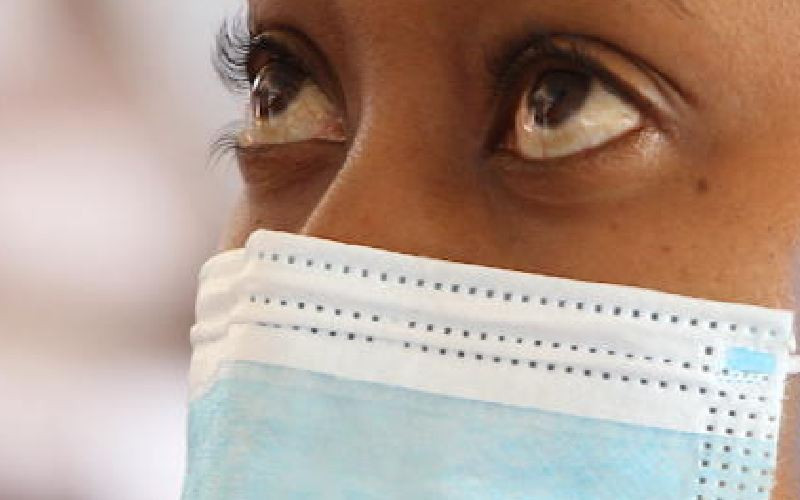×
The Standard e-Paper
Kenya’s Boldest Voice

On September 18 last month, USA's president Joe Biden said, "the pandemic is over." Kenyans might as well have been ahead of the president.
A spot check by The Standard in major towns like Nairobi, Nakuru and Eldoret confirmed that only a few folks still wear masks. As for social distancing, social joints are full to the brim.